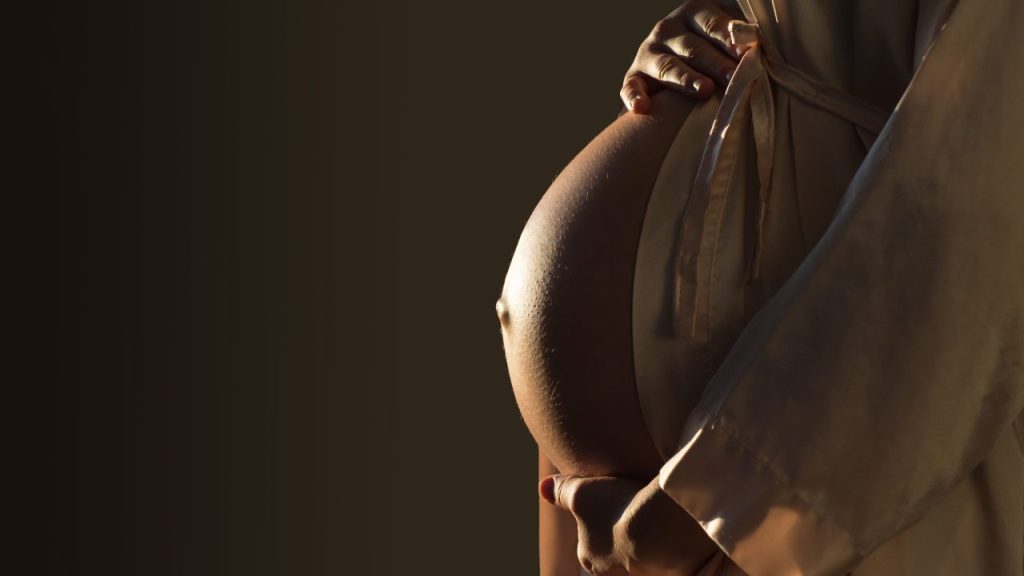Push presents have existed for centuries, but the debate around them is mostly a 21st-century phenomenon.
Given to birthing parents as a “thank you” and “congratulations” for all they endured while bringing a new life into the world, a “push present” is usually from a partner, but can also come from family. The present can be given before or after the birth, sometimes even in the delivery room.
“It is a token of appreciation for delivering the baby as well as carrying the baby or babies through pregnancy,” certified birth and postpartum doula Kristin Revere told Yahoo Life.
According to Healthline, a push present typically costs between $25 and $300, but Massachusetts-based etiquette expert Jodi RR Smith advises people to consider their finances before purchasing. “With a new baby, no one should go into debt to give a gift,” she said.
While some parents look forward to receiving a push present, which continues to grow in popularity, more people are beginning to view the name as discriminatory and controversial for a number of reasons. In the 21st century, families welcome children in a number of ways, and the phrase carries binary baggage.
The term inherently excludes people who have cesarean sections and non-birthing parents who adopt or choose surrogacy. According to Utopia, even alternative names such as “new mama gifts” have the potential to offend nonbinary people and others who give birth, such as transgender men who carry children. There are alternate terms — such as “baby baubles” or “birthing gifts” — but “push present” is the most popular, though it can cause pain to many people, Utopia reported. Additionally, the binary, cisgender nomenclature is intrinsically sexist, given that the name means only a person born female would receive a gift.
For others, push presents are unnecessary. One blogger opined, “Giving birth is a natural thing, women have been doing it for thousands of years….
Read the full article here



